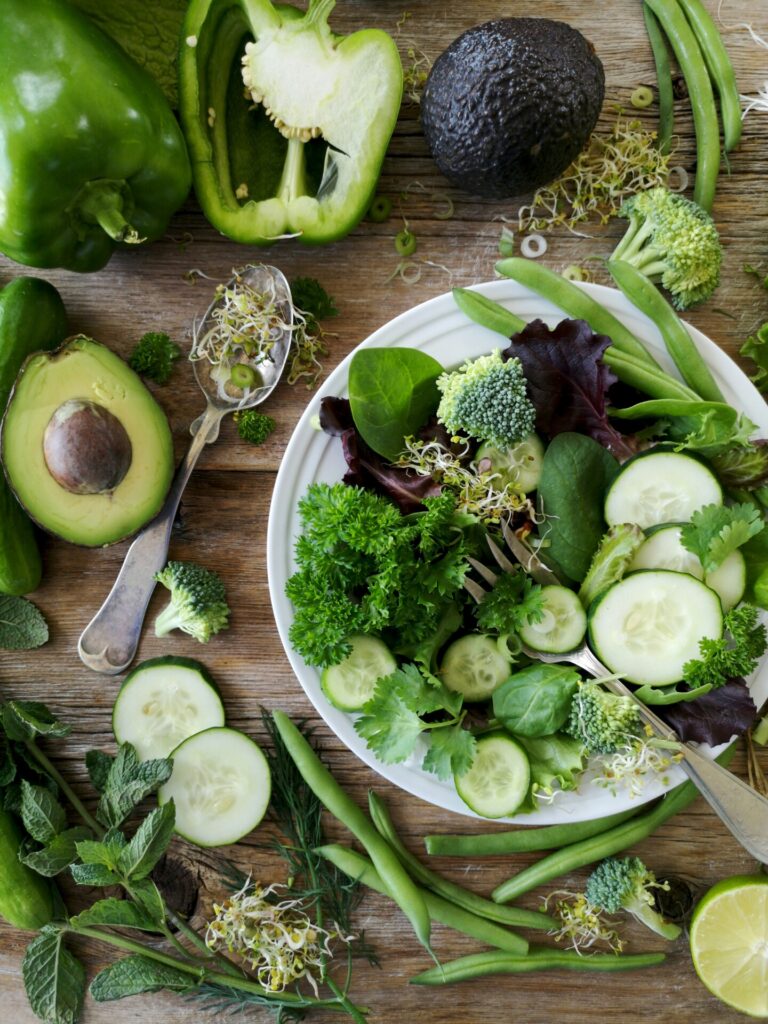If you're living with hemorrhoids, changing your diet could help. After all, spending too long on the toilet and straining to pass bowel movements are both risk factors for these swollen rectal veins, so changing the way you eat may speed things up in the bathroom, helping you feel better. So, what's the best diet to help hemorrhoids? Keep reading to find out.

If you have hemorrhoids, following a high-fiber diet may help you manage your symptoms by allowing for softer stool that's easier for you to pass. If you have hemorrhoids, following a high-fiber diet may help you manage your symptoms by allowing for softer stool that's easier for you to pass. According to the Dietary Guidelines for Americans, 2020–2025, that means getting 14 grams of fiber for every 1,000 calories you consume. So, if you’re on a 2,000-calorie diet, you should aim to eat at least 28 grams of fiber per day. Here are some of the best foods to include in your meals:
Additionally, increasing your daily water intake and engaging in regular exercise can help prevent or relieve hemorrhoid symptoms.
While adding high-fiber foods to your diet can help soften stools and ease hemorrhoid symptoms, reducing or eliminating these foods can further reduce your constipation risks.
Low-fiber foods to avoid:
For people with mild to moderate hemorrhoids, simple lifestyle changes may provide sufficient symptom relief. However, people with stage two or three internal hemorrhoids experience itching, discomfort, or bleeding with bowel movements. And so, to find lasting relief, you're likely to need additional medical support from Hemorrhoid Doctors in Texas.
Luckily, when a diet to help hemorrhoids isn't working, the experts at the Texas Hemorrhoid Institute are ready to dive in! Our interventional radiologists perform a procedure known as HAE, or hemorrhoid artery embolization. This minimally-invasive treatment option provides relief by reducing blood flow to your hemorrhoids. Shortly after, they shrink and disappear. And so do your symptoms!
In contrast to surgical treatment options, patients who choose HAE experience fewer complications and a shorter recovery period. Ready to see if HAE is the right treatment for you? Click here to request an appointmentClick here to request an appointmentClick here to request an appointment

Scheduling
Please contact our dedicated specialists to schedule a consultation today.
2025 Texas Hemorrhoid Institute. All rights reserved. Website Design by Healthcare Success